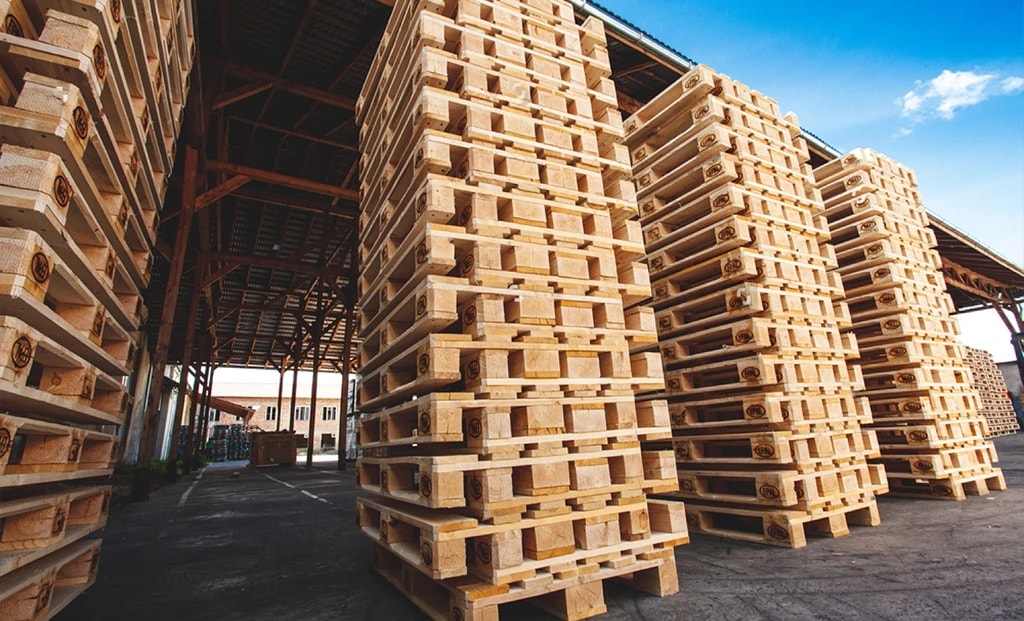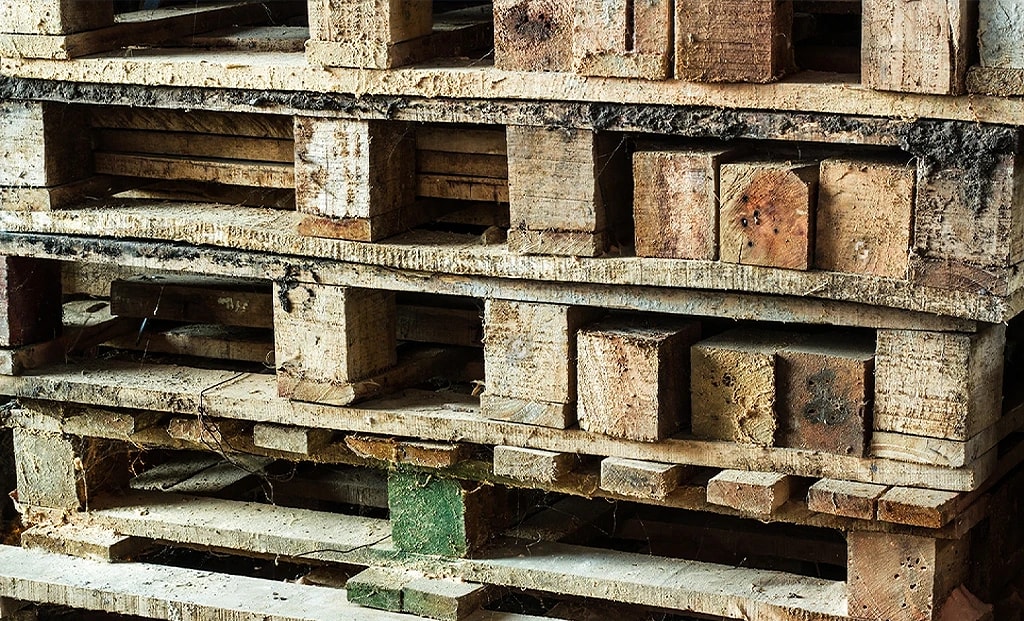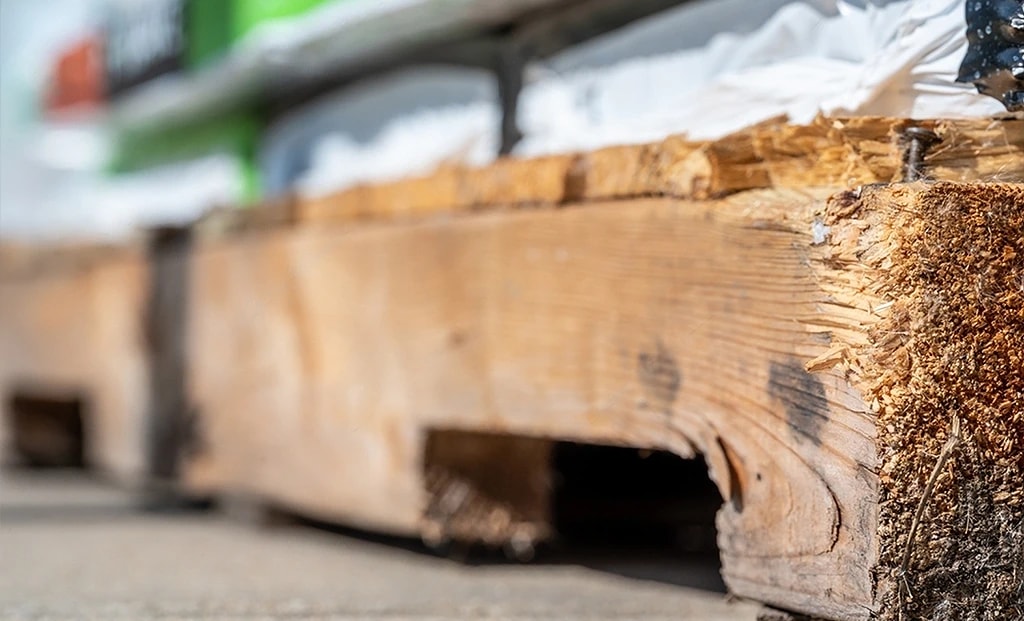Value for Money
The primary appeal of wood pallets over alternatives like plastic lies in their cost-effectiveness and robust weight-bearing capacity—typically ranging between 680 and 1360 kilograms. Plastic pallets, although capable of supporting heavier loads at 2270 kilograms, tend to be pricier.
Environmentally Friendly Option
In an era where corporations strive to bolster sustainability efforts and minimize carbon emissions, wood pallets emerge as an eco-conscious choice. Unlike plastic counterparts, wooden pallets can be easily repaired or repurposed if damaged, thereby extending their lifespan. Moreover, at the end of their usable cycle, wood pallets can be transformed into other products. Although plastic pallets can undergo recycling, the process is more complex and costly. Additionally, discarded plastic takes up to a century to decompose if not recycled.
Carbon Neutrality
Beyond their recyclability and reusability, wood pallets serve as carbon sinks, effectively sequestering carbon and preventing its release into the atmosphere. Consequently, opting for wood pallets aids in reducing an organization’s carbon footprint.
Global Trade Facilitation
Wood pallets remain a preferred choice for companies engaged in one-way or international shipping (note: international shipment of wooden pallets necessitates pallet treatment). While plastic pallets are also viable for global shipping and do not require treatment due to their moisture-resistant and bug-proof nature, their higher cost prompts many businesses to favor them only within closed-loop warehouse systems where tracking and reuse are streamlined.
If you’re unsure about the suitable pallet for your needs, consult our guide on pallet selection or reach out to our pallet experts. However, it’s important to note that regardless of material, the demand for pallets exceeds supply, leading to longer lead times across most varieties. Thus, it’s advisable to notify your supplier well in advance and remain open to exploring alternative options.



